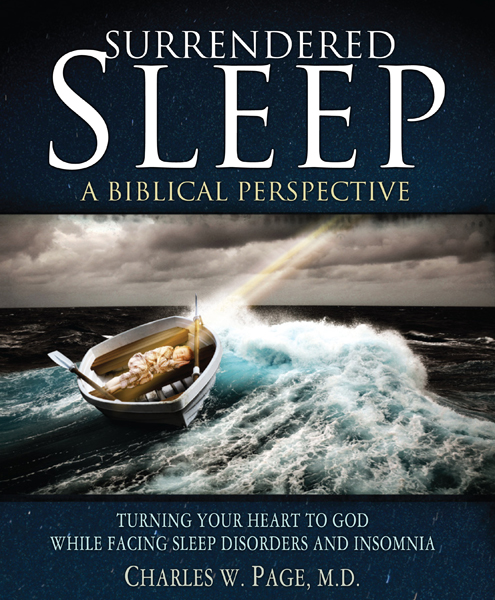He Sees You When You’re Sleepin’…
He Sees You When You’re Sleepin’… By Dr. Charles W. Page Do you recall trying to sleep on Christmas Eve while waiting for Santa to come to town? The anticipation of Saint Nicolas and all his goodies was just too much—who could sleep? The lyrics of Santa Claus is Coming [...]

